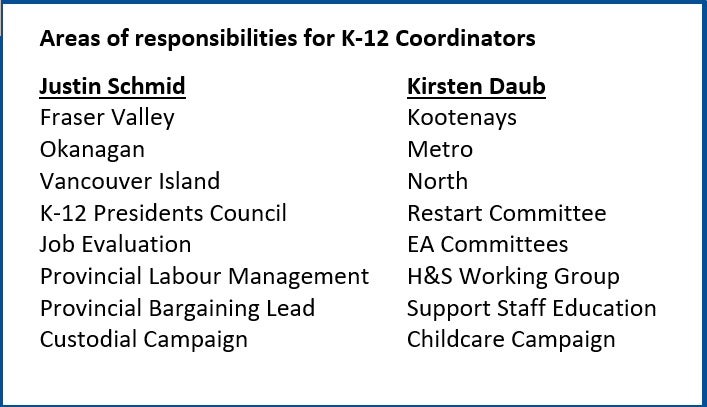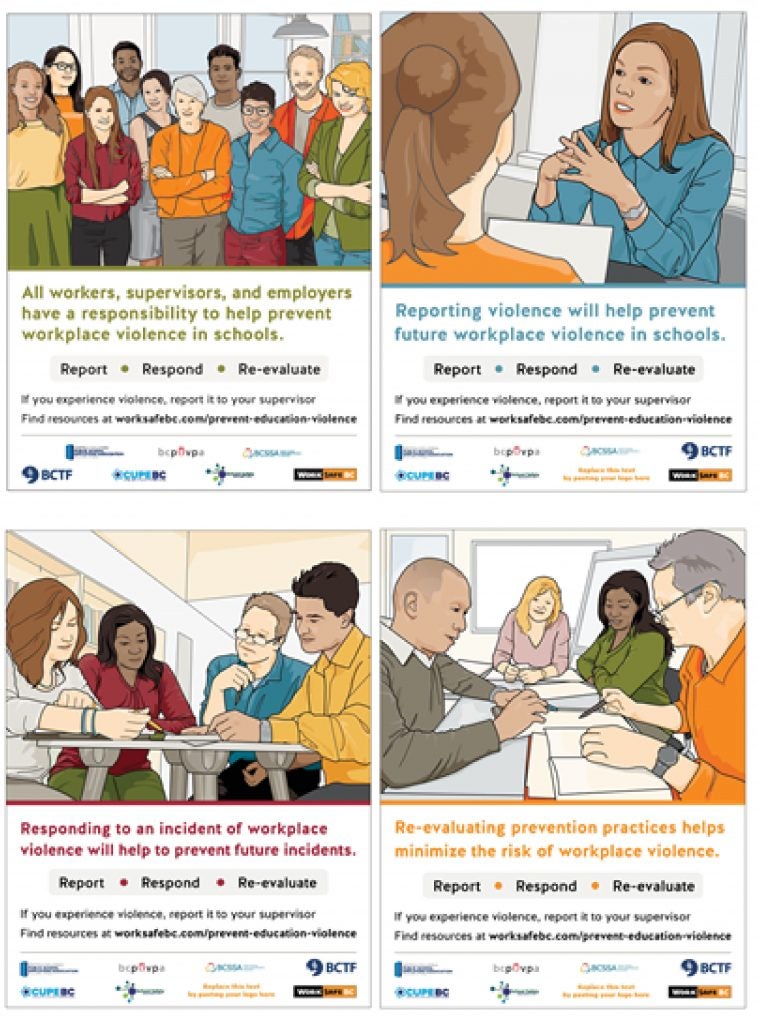While there are currently no public health orders (PHOs) that directly address mandatory immunization for education workers, some of our members may be indirectly impacted by the B.C. Government’s vaccine certificate program.
Where an employee’s job duties place them in locations or at events that require vaccination, employers may require vaccination status disclosures. Such policies would likely be found to be a reasonable exercise of management rights. Employers adopting such policies, however, are required to provide reasonable accommodations for employees who choose not to be vaccinated for medical or religious reasons.
Aside from protected human rights grounds, where employees are not vaccinated (or choose not to disclose their vaccination status) there may be employment consequences. These will be assessed on a case-by-case basis. Some examples may include modified work duties, transfers, or unpaid administrative leaves. CUPE will continue to advocate for the protection of our members’ jobs and will address the employers’ actions on a case-by-case basis.
COVID-related Documents from Parents
Some support staff in the K-12 sector have recently been presented with documents from parents which claim to exempt their child from various COVID-19 public health measures. These documents are sometimes titled “Notice of Liability” or “Non-Consent Exemption”. They contain a dense collection of legal jargon related to compliance with mask mandates, testing protocols, and other public health measures.
CUPE members in the K-12 sector can safely disregard these notices. K-12 support staff are in no way personally liable for any of the alleged ‘harms’ described in these documents. CUPE members are not responsible for developing safety protocols or public health orders. Those matters are the responsibility of public health officials, the government, and the employer. Our members should continue to act in accordance with the direction from their employers and may forward the notices to the employer.
Online Learning Representative Sought
We are looking for a CUPE member who provides online learning as part of their job and is active in their local. Please contact your National Representative if you have a member you could recommend.
PEBT member-trustee opening
There is a vacancy for a Public Education Benefits Trust (PEBT) member-trustee. More information for anyone interested will be circulated soon.
Bargaining Committee Elections
A reminder to all locals to elect their bargaining committees for the upcoming round of negotiations, and to regional councils to elect their representatives to the provincial bargaining committee (Northern, Kootenays, Thompson-Okanagan, Fraser Valley, South Island, North Island, and Metro Vancouver).
Health & Safety Tool Kit
A workshop on the new health and safety toolkit developed by the K-12 violence prevention working group will take place on September 23, 2021, 3:00 p.m. – 5:00 p.m. This workshop, hosted by the K-12 Presidents Council, is recommended for K-12 presidents, unit chairs, health and safety committee reps and CUPE staff. A reminder with registration info will be sent separately.
Notice of Next Meeting
The K-12 Presidents Council will hold its next meeting on October 13th, 2021, from 9:00 a.m. – 4:00 p.m. The zoom link and agenda will be sent in a separate notice. Those regions that have not yet elected their provincial bargaining committee representatives will hold their regional elections at this meeting.

View PDF.


